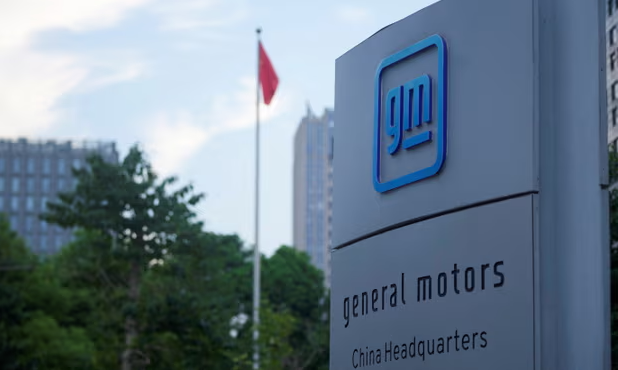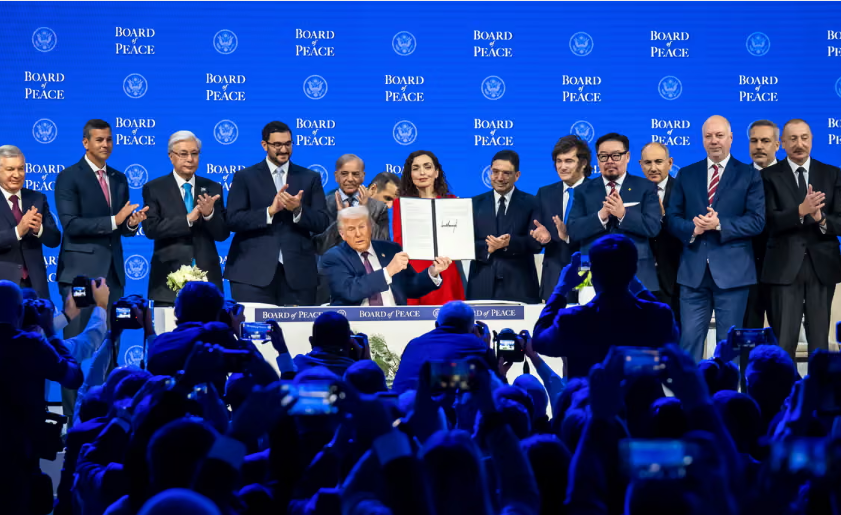GM would write down more than $5 billion from the value of its China operations.
Automaker is restructuring in China after losing about $350m in the region in the first three quarters of this year
General Motors told shareholders on Wednesday that it would write down the value of its China business by more than $5bn.
The company’s board of directors determined that the non-cash charges were necessary “in light of the finalization of a new business forecast and certain restructuring actions” with the joint venture, according to a company filing.
CEO Mary Barra has been transforming GM’s operations in China as the former profit engine slipped to a loss in the last year. Barra told investors in October that they would see improvements from this effort by the end of the year, saying there would be “a significant reduction in dealer inventory and modest improvements in sales and share”.
The automaker lost about $350m in the region in the first three quarters of this year.
GM expects to incur restructuring costs of $2.6bn to $2.9bn and to reduce the value of the joint-venture value by $2.7bn.
GM partners with SAIC Motors in China to build Buick, Chevrolet and Cadillac vehicles.
The US automaker got into the Chinese market in the late 1990s, and by 2010 it was selling more vehicles in China than in the US. The GM joint venture peaked in 2018 with annual sales of 2m cars.
But sales of foreign vehicles have been hit by the rise of local automakers. Sales at SAIC-GM slumped 59% in the first 11 months of this year to 370,989 units while local new energy vehicle (NEV) champion BYD sold more than 10 times that number in the same period.
Volkswagen, which lost its title of bestselling brand in China to BYD in 2022, is doubling down on efforts to deepen ties with Chinese partners including Xpeng Motor and SAIC for EV technologies to counter its flagging sales in its biggest market. The German automaker and SAIC agreed recently to extend their joint-venture contract by a decade to 2040.
Japanese carmaker Nissan Motor also is cutting 9,000 jobs and significantly reducing its manufacturing capacity due to its slipping sales in China and the US.
In Detroit, GM’s cross-town rival Ford Motor is transforming its presence in China to become a vehicle export hub, though some analysts are urging Detroit’s automakers to cut their losses and exit the world’s largest auto market altogether.













